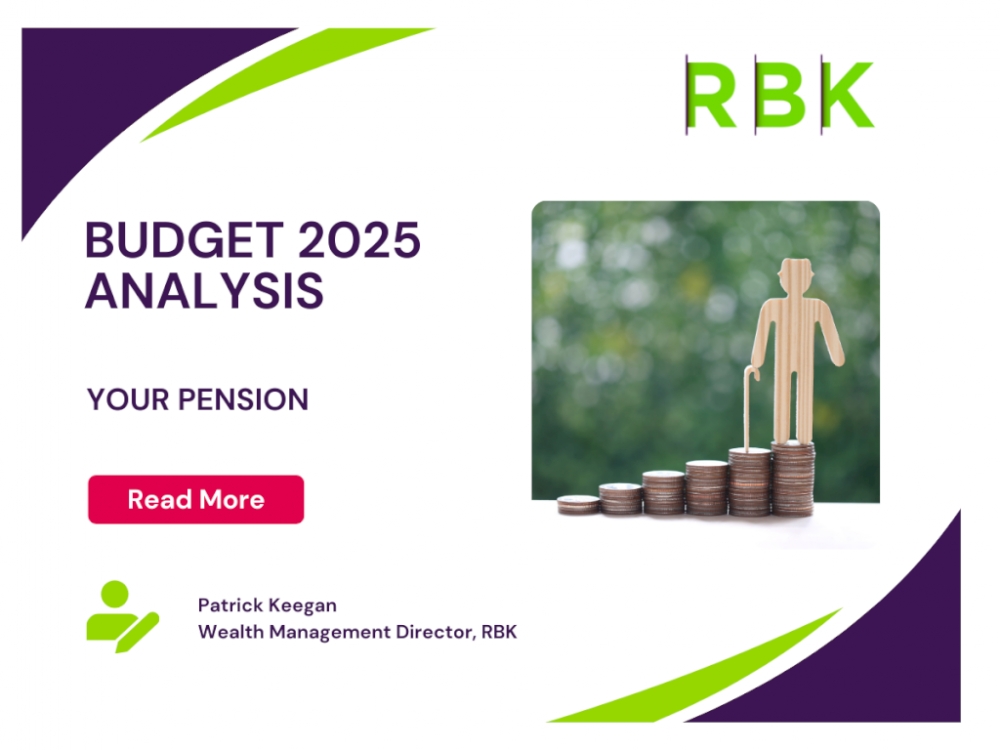The topic of pension has been a regular news story for the past while. The three stories that keep getting news coverage are;
- Automatic Enrolment,
- Potential increases to the Standard Fund Threshold, and,
- Employer contributions to PRSA’s.
Automatic Enrolment
2025 is the year we will see the introduction of Automatic Enrolment pensions. Probably not on the first of January due to delays but we will see it at some point during the year. It’s important that both employers and employees budget for it, as both Employer and Employee contribution will be starting at 1.5% of Gross Salary with no tax relief on personal contributions. There is a government contribution to make up for the lack of tax relief. Any employees that don’t have a regular deduction on their payslip for pension will be automatically enrolled. This also includes individuals who make annual or occasional contributions, which is important to note.
The Standard Fund Threshold
The subject of pension limits has been widely discussed in the last number of years, with these discussions gathering steam in 2024. The standard fund threshold was last changed in 2014, when it was reduced from €2.3m to €2m. That’s over 10 years ago. The last few years have given consumers a real and sometimes painful insight into the impact of inflation, with the consumer price index (CPI) increasing by 23.5%. That means the buying power of a €2m pension - indeed every pension - has reduced by the same amount over that period. It’s definitely time to review the Standard Fund threshold.
Employer Contributions to PRSA
Following the removal of the BIK charge on employer contributions in Finance Act 2022, it has been possible for employers to make large contributions to PRSA’s without the same funding restrictions that applied to traditional occupational schemes. This is an area that Revenue are actively reviewing and there may be some changes in the upcoming budget which align PRSA funding with that of occupational schemes.
Cost of living increases are still most people’s primary focus today. However, continuing to plan for retirement should not be allowed to fall by the wayside. Once you retire, you may see similar rises in day-to-day costs over time. With post retirement income and your ability to earn it being limited, this could have a major effect on your standard of living and comfort in retirement. A solid retirement plan should take this into account wherever possible.
If you wish to discuss how any of these issues affect you please reach out to us.
Over the next few weeks in the lead up to Budget 2025 #RBTax will look at potential tax measures that the Government could consider and provide insights into Budget 2025 .
Budget Briefing Hybrid Event
RBK will be holding its annual Breakfast Budget Briefing as a hybrid event in person at the Athlone Springs Hotel in Athlone and streaming live online on Wednesday, 2 nd October . Mike Scanlan , Tax Director, RBK will be analysing the tax measures announced in Budget 2025 and David McNamara, Chief Economist with AIB will look at the economic outlook.
Registration Options:



